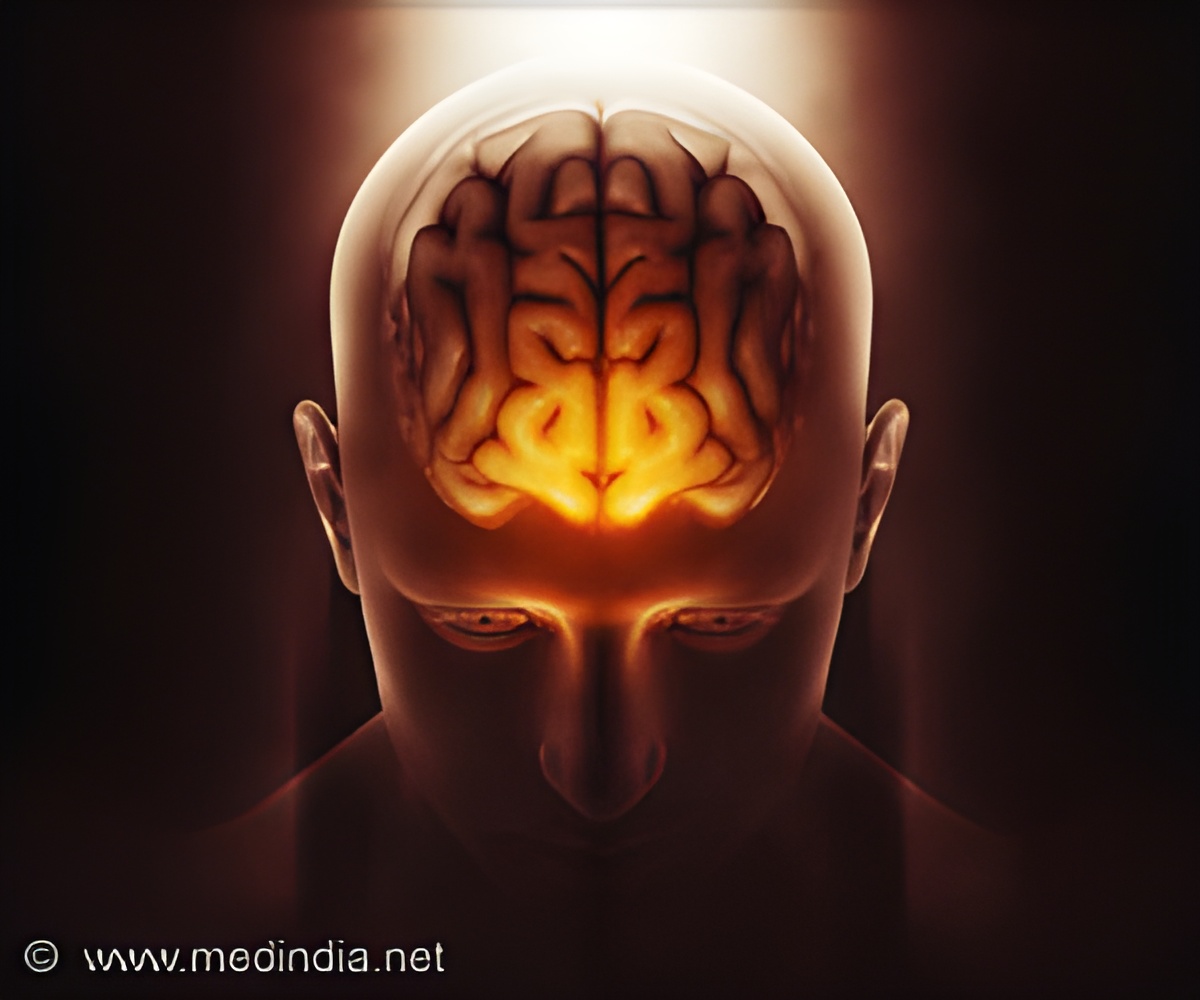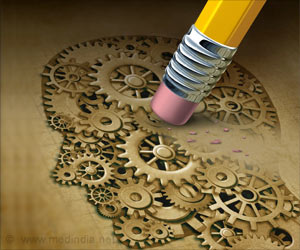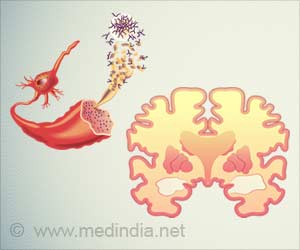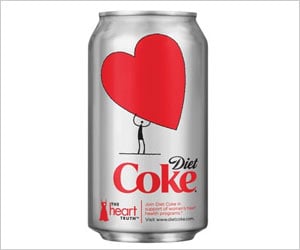As memories control decision making in an open-end situation, people chose things they recollect recently rather than things they like.
Human memory limits accessible options and relies on past times to make decisions when exposed to unlimited choices. Therefore
memories play a key role in decision making.
To explain how memories affect decision making process a new study from UC Berkeley's Haas School of Business and UC San Francisco's Department of Neurology published in the journal
Proceedings of the National Academy of Sciences integrates decision-making experiments and fMRI brain scans.
TOP INSIGHT
Past experiences shape our future choices.
"Life is not a multiple-choice test," says Berkeley Haas Assoc. Prof. Ming Hsu, director of UC Berkeley's Neuroeconomics Laboratory.
The researchers examine people's choices for different types of consumer goods in two groups; one group of participants name many favorite brands or items and second group choose their preferences from a menu of options.
.
Based on these results, they made a
mathematical method to predict how people fail to choose their more preferred options due to their imperfect memories.
Increased activity in memory retrieval regions of the brain and enhanced communication with valuation regions were seen in fMRI (functional magnetic resonance imaging) during decision making. .
In case of
neurodegenerative diseases like Alzheimer's with declining memory, decision support systems are used.
Further research will provide deep insight into the process to expand people’s preferences without mandating specific choices. .
Source-Eurekalert

 MEDINDIA
MEDINDIA




 Email
Email




